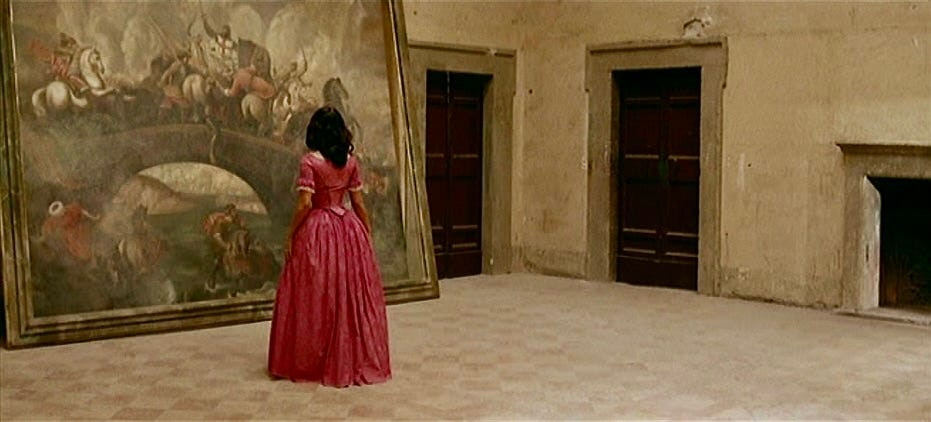When Opera Met Revolution: How Verdi's "Va, Pensiero" Ignited the Risorgimento
1 By the rivers of Babylon we sat and wept when we remembered Zion. —Psalm 137
Amidst the soaring melodies and dramatic scenes of Verdi's 1842 opera "Nabucco," a simple chorus ignited a firestorm: "Va, pensiero" ("Fly, Thought"), inspired by Psalm 137, the mournful song of exiled Hebrews in Babylon, transcended the stage and became a battle cry for a nation yearning to be free.
In Italy, then fragmented and under Austrian rule, the yearnings of the exiled Hebrews resonated powerfully with the dreams of a unified Italy. The opera's depiction of oppression, injustice, and ultimate liberation mirrored the Italian people's own struggle for a homeland.
In the opera’s libretto, the word “Babylon” was replaced with “foreign lands,” thus transforming the lament for Zion into a longing for a unified Italy. The music of Verdi took these words and painted them with vibrant emotions, where the melody of “Va, Pensiero” is sung by a yearning chorus, capturing the collective grief and the unwavering hope for freedom.
As the chorus soared, so did the spirits of countless Italians. In opera houses across the peninsula, audiences saw their own aspirations reflected in the plight of the Hebrews. "Va, pensiero" became more than just an operatic aria; it became an anthem of the Risorgimento, the movement for Italian unification.
Secretly sung at gatherings, passed on through whispers, and performed with defiant gusto, "Va, pensiero" fueled the flames of revolution. It provided a sense of solidarity, a shared dream of a sovereign Italy where the chains of foreign domination would be cast off.
The impact of "Va, pensiero" was undeniable. It galvanized the Risorgimento movement, providing a potent symbol of resistance and a shared vision of a free nation. Its legacy continues to inspire, reminding us of the power of art to ignite flames of freedom and give voice to the yearning for a just and unified world.
So, the next time you hear "Va, pensiero," remember that it's not just a beautiful melody; it's a testament to the transformative power of art, a whisper that became a roar, and a song that helped bring a nation together.


